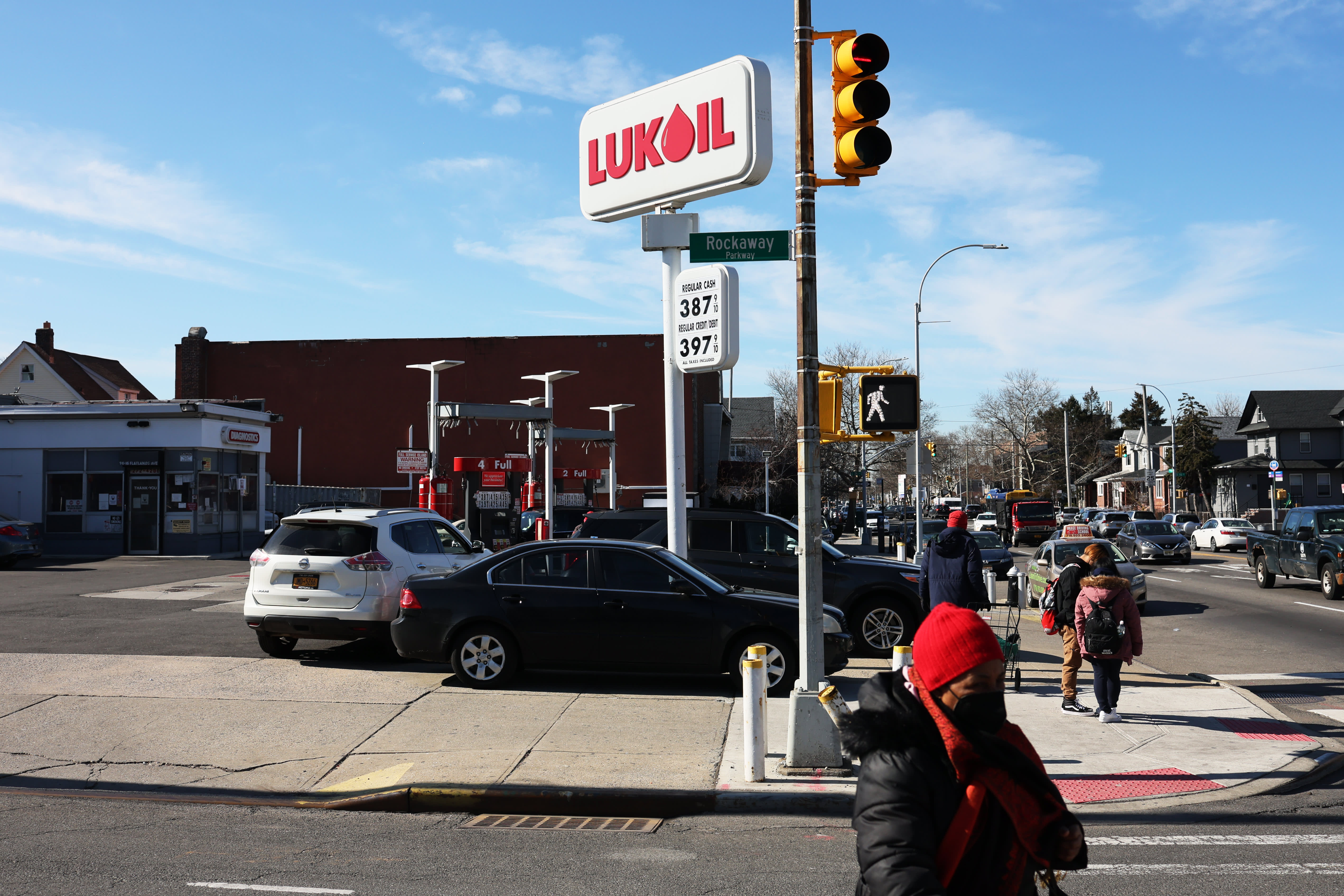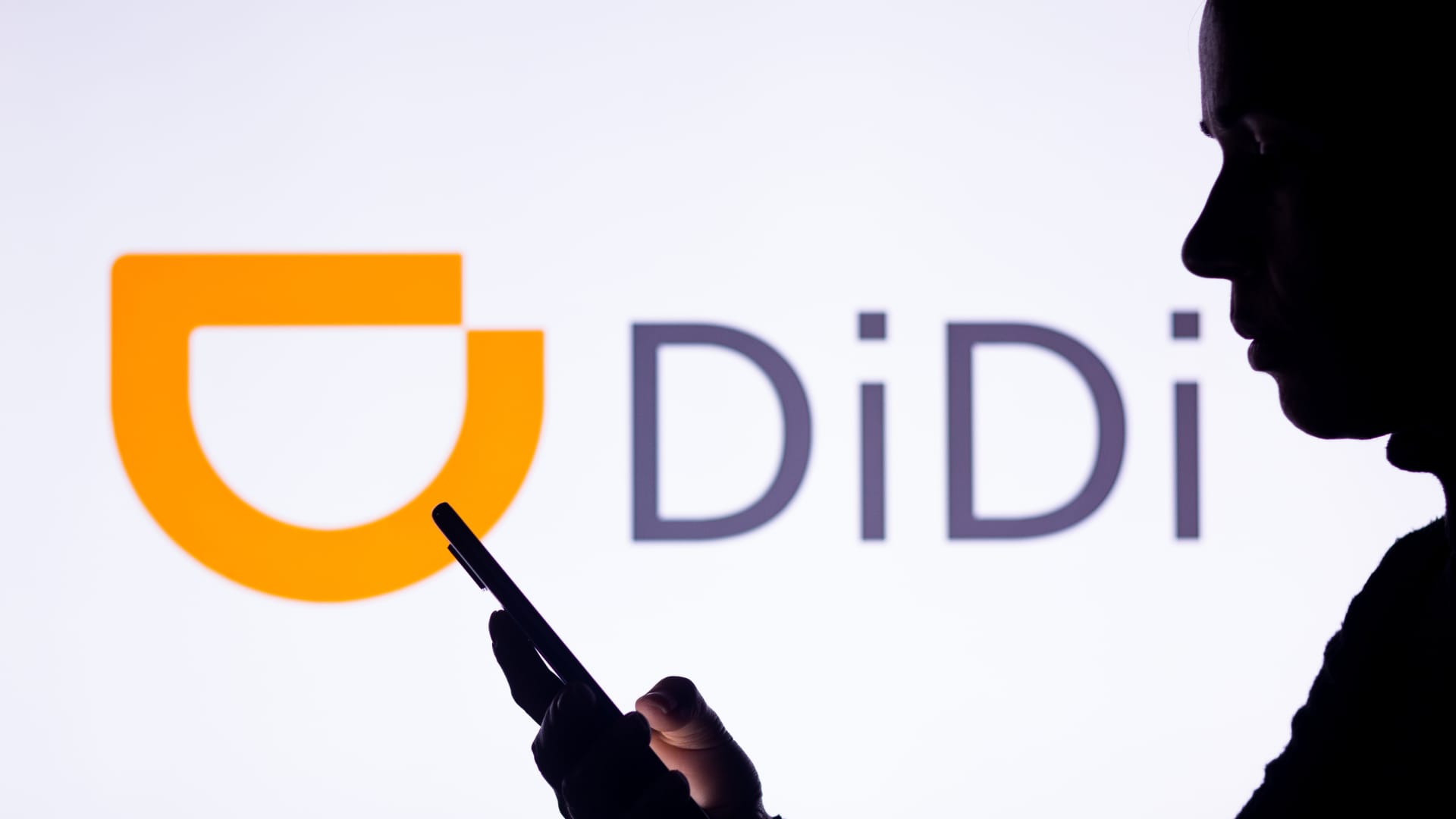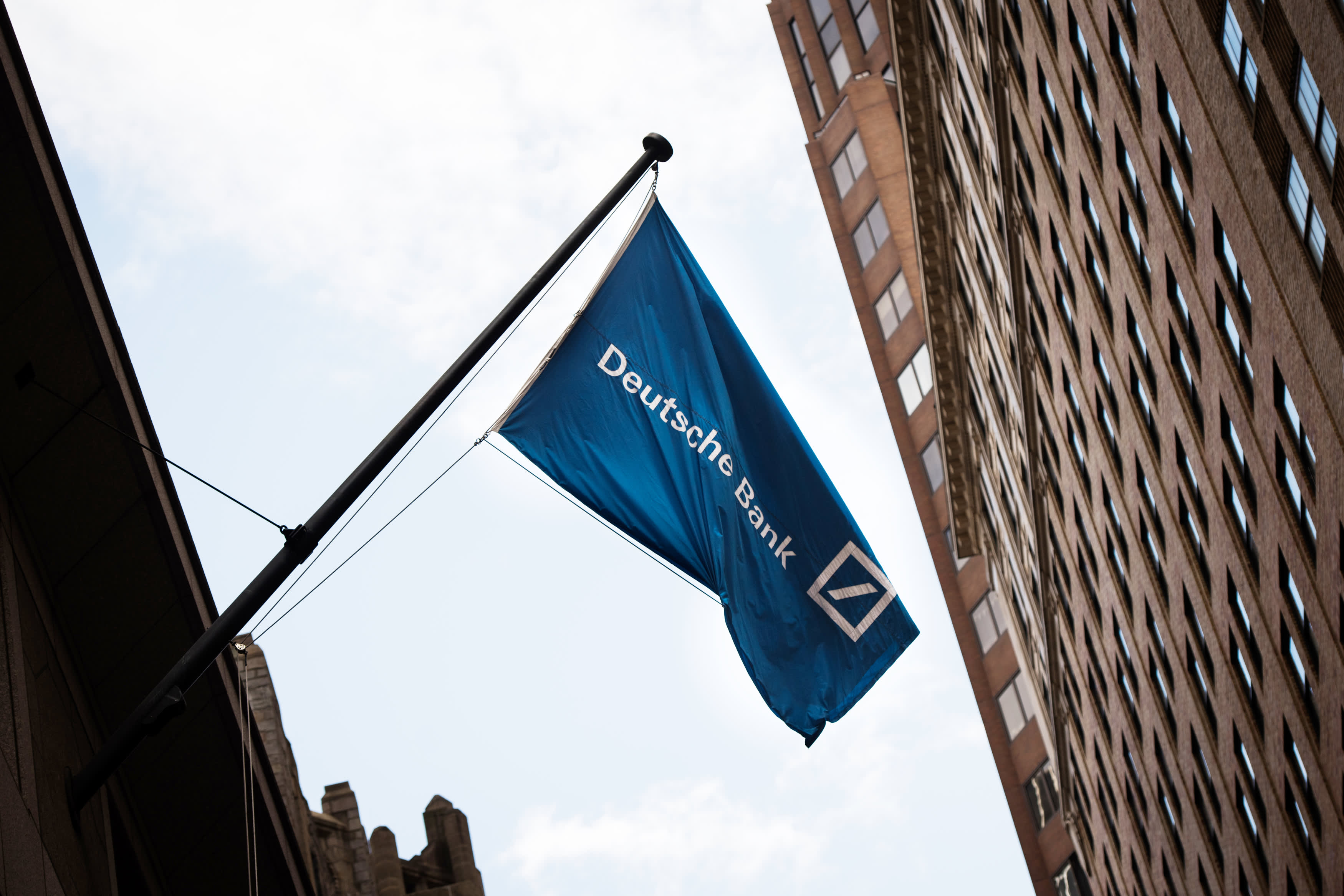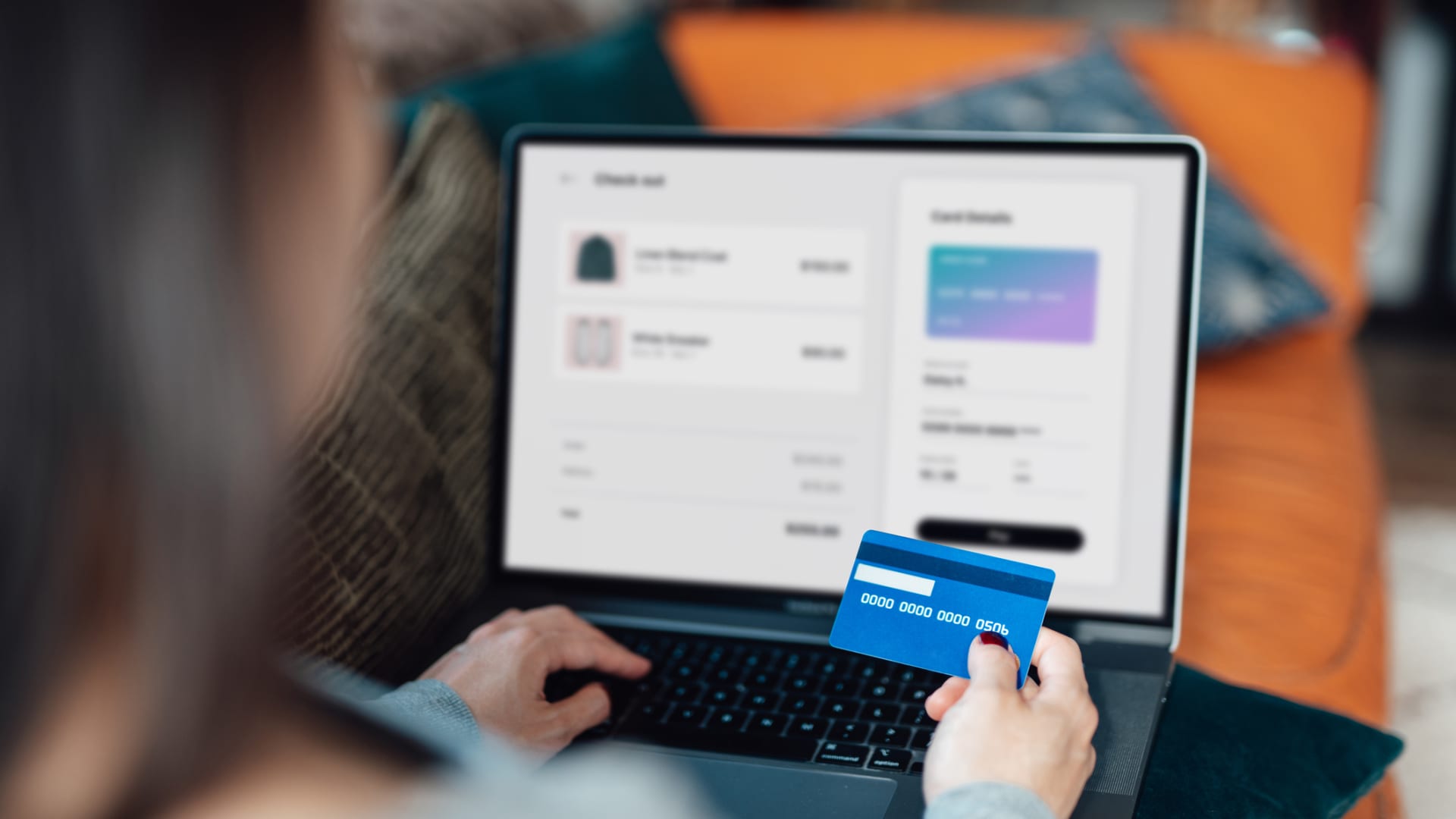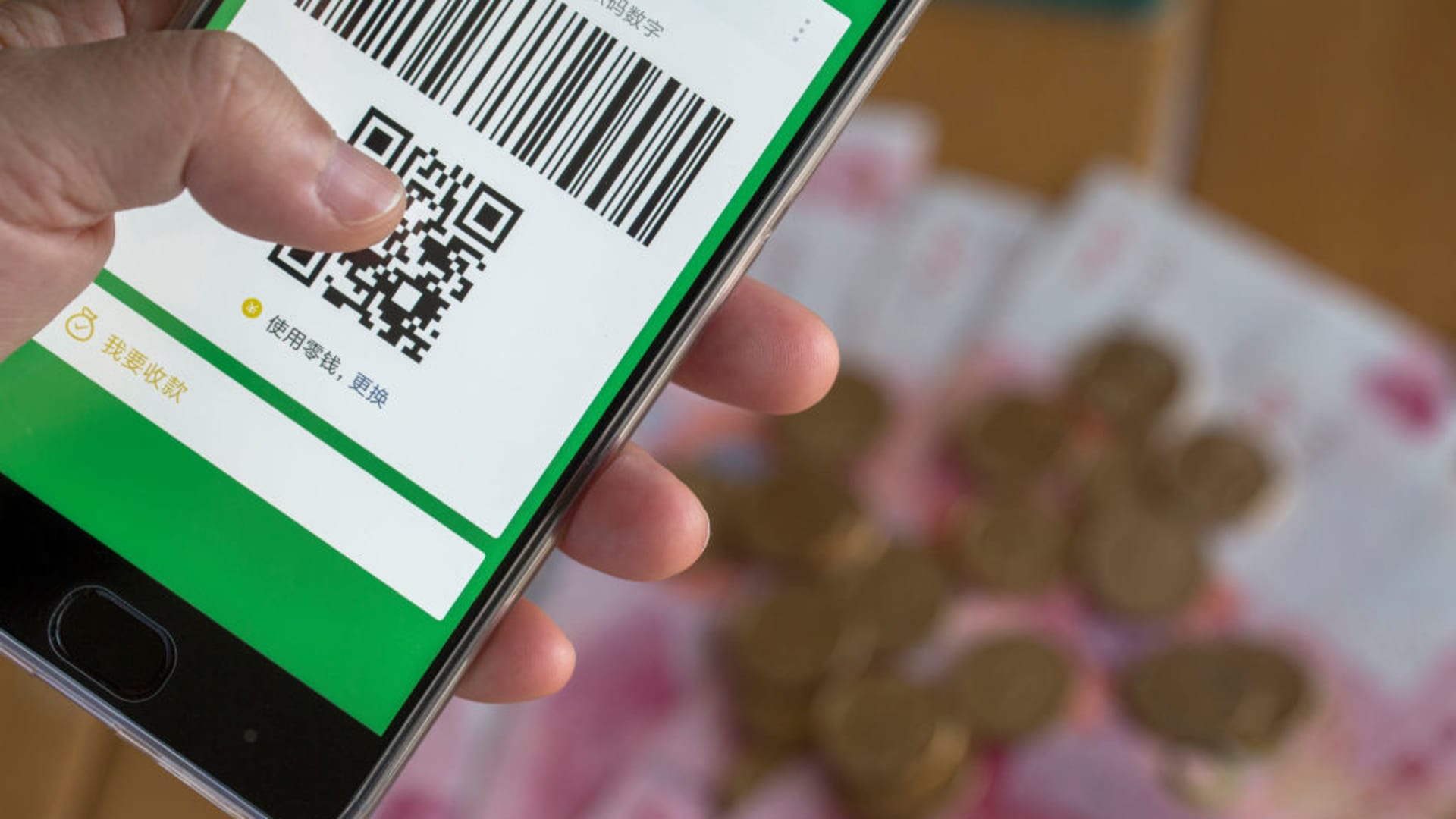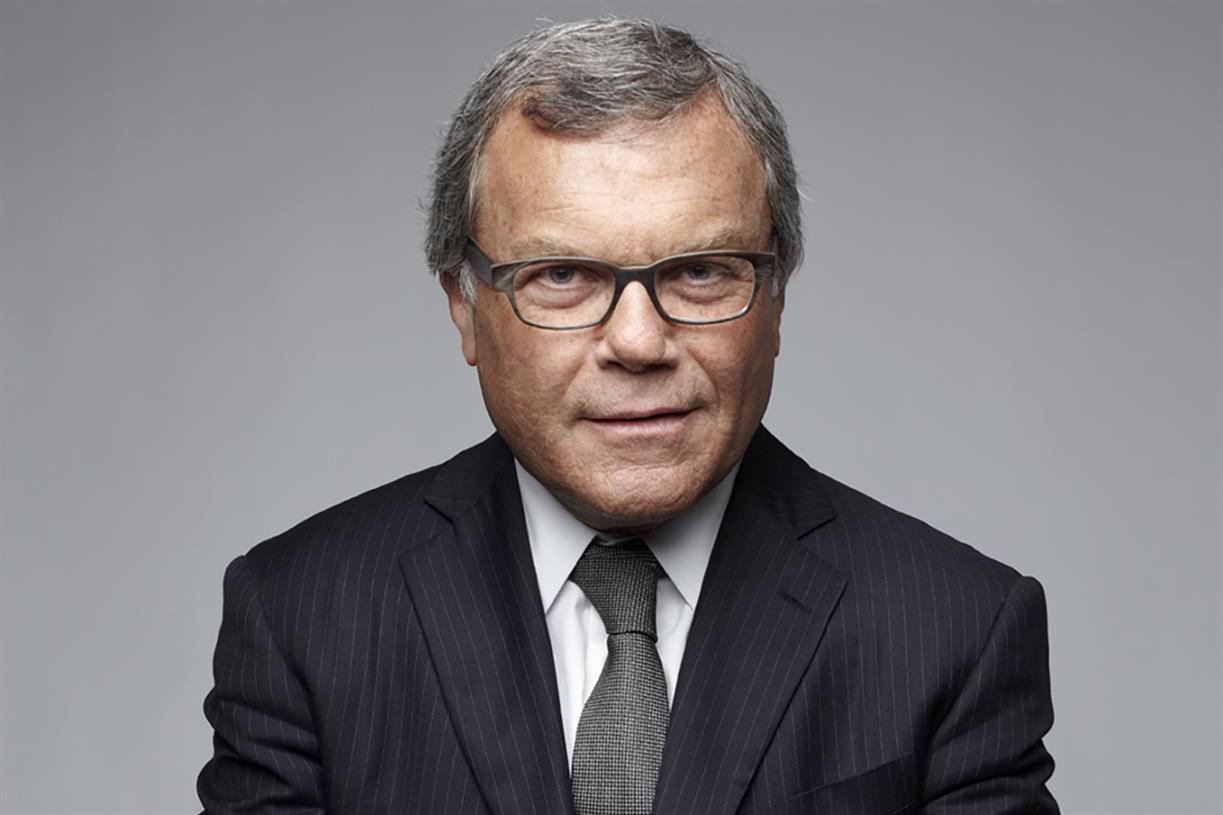Student loan borrowers camp out at Supreme Court, praise Biden forgiveness plan
The Supreme Court is hearing arguments challenging the Biden administration's plan to forgive the student loan debts of millions of Americans
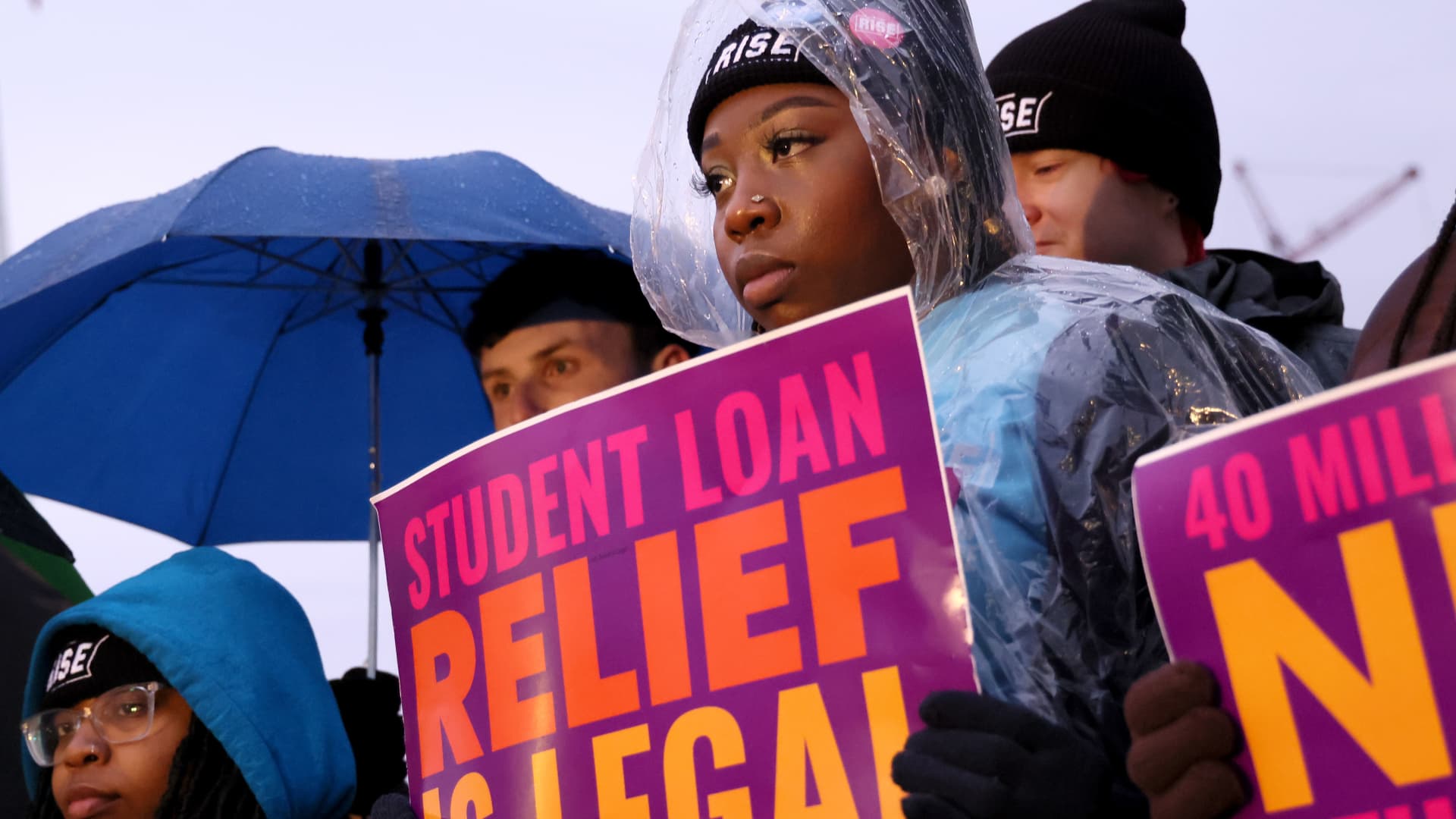
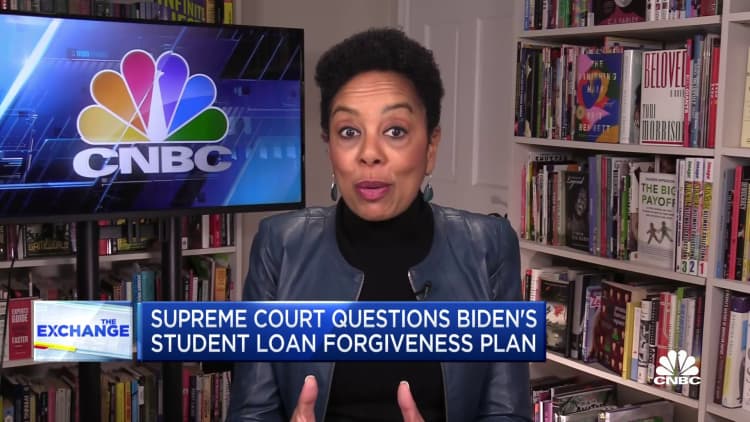
WASHINGTON — On the night before the Supreme Court was set to hear oral arguments over the Biden administration's student loan forgiveness plan, Amanda Smitley sat outside the court on an aluminum blanket holding an umbrella.
She didn't know when she planned to spend the night staked outside the highest court that it would be pouring rain, but she wasn't discouraged.
"I'm feeling great," said Smitley, 20, who already has around $10,000 in student debt as a college sophomore at PennWest California. She'll have to take out more if she wants to fulfill her hopes of graduating and becoming a high school history teacher.
"I really, really care about student debt, not even just for myself," Smitley said. "I want to live in a world where my future students and maybe future kids won't have to worry about getting into thousands in debt just because they want to further their education."
Student loan borrower Amanda Smitley, 20, joined the student loan borrowers gathered at Supreme Court on Feb. 27, 2023, the night before the court hears two cases on student loan forgiveness.
Annie Nova | CNBC
Court will hear two cases against forgiveness
Despite the cold, borrowers gathered outside the Supreme Court on Monday to demonstrate in favor of the Biden administration's forgiveness plan. More than 35 million student loan borrowers could benefit from the policy, and have up to $20,000 of their debt forgiven. If implemented, an estimated $400 billion in debt would be wiped out.
But the program has been on hold since the fall, when a federal appeals court panel in St. Louis issued a temporary injunction barring it from taking effect. The Supreme Court has kept that injunction in place as it considers challenges to the plan, and the government on its own accord stopped taking applications for the program in November.
The Supreme Court is hearing two separate cases Tuesday on President Joe Biden's debt relief plan.
More from Personal Finance:
A closer look at the 2 cases against student loan forgiveness headed to the Supreme Court
Federal student loan payments could restart in roughly 2 months — or 6. What to know
Falling behind on federal student loans can lead to other major financial problems
The first, originally lodged by six Republican-led states in federal court in Missouri, claims the Biden administration did not have the legal right to cancel student loan debts without congressional authorization.
The second lawsuit, filed by Myra Brown and Alexander Taylor, in U.S. District Court in Texas, argues that they and other members of the public were improperly denied the right under federal procedures to formally comment on the debt relief plan, which might have affected its design before it was put in effect.
The Job Creators Network Foundation, a conservative advocacy group, is backing the plaintiffs in that case.
Experts say the debt relief plan is likely to be ruled illegal by the court's six-justice supermajority if that bloc finds that one or more of the plaintiffs in the two cases has the requisite legal right, known as standing, to file a suit challenging the program.
'For many people, this is life and death'
Student loan borrower John Runningen was also among those who planned to sleep outside the Supreme Court on Monday night. He attends Minnesota State Community and Technical College and owes $5,000.
That debt has already made his life more difficult.
"It's stopped me from getting a vehicle, from moving out of my parents' house and helping my parents with the stress of their bills," said Runningen, 22.
As a first-generation college student, he hoped to break the cycle of poverty and assist his parents. His stepfather is a farmer and his mother works at a gas station. With a $175 monthly student loan bill, though, he won't be able to help them.
Student loan borrowers gathered outside the U.S. Supreme Court on Feb. 27, 2023, the night before the court hears two cases on student loan forgiveness.
Annie Nova | CNBC
"To some people it might not seem like a lot of money, but for rural communities or those that are poverty-stricken, it'll be the difference between me being able to give my family food or [being] able to afford an electricity bill," Runningen said.
Within three weeks of the application process being opened, the Biden administration reported that more than 26 million people applied for the relief, with 16 million requests approved.
There's no precedent in U.S. history for the kind of sweeping debt forgiveness that the White House has promised to deliver, although consumer advocates point out that large corporations and banks have been bailed out by the government after going through their own crises. And they say that canceling a large share of education debt is necessary to relieve the many borrowers struggling from a broken lending system.
Student loan borrowers were having problems repaying their debt before Covid. Only about half of borrowers were in repayment in 2019, according to an estimate by higher education expert Mark Kantrowitz. A quarter — or more than 10 million people — were in delinquency or default, and the rest had applied for temporary relief measures for struggling borrowers, such as deferments or forbearances.
These grim figures led to comparisons to the 2008 mortgage crisis and built pressure on Biden to deliver relief.
"For many people, this is life and death," said Thomas Gokey, co-founder of the Debt Collective, a national union of debtors. "What's at stake is being forced to choose between paying for student loans or being able to buy groceries, make rent and pay medical bills."
— Annie Nova reported from Washington, D.C., and Dan Mangan reported from New York.

 FrankLin
FrankLin 







